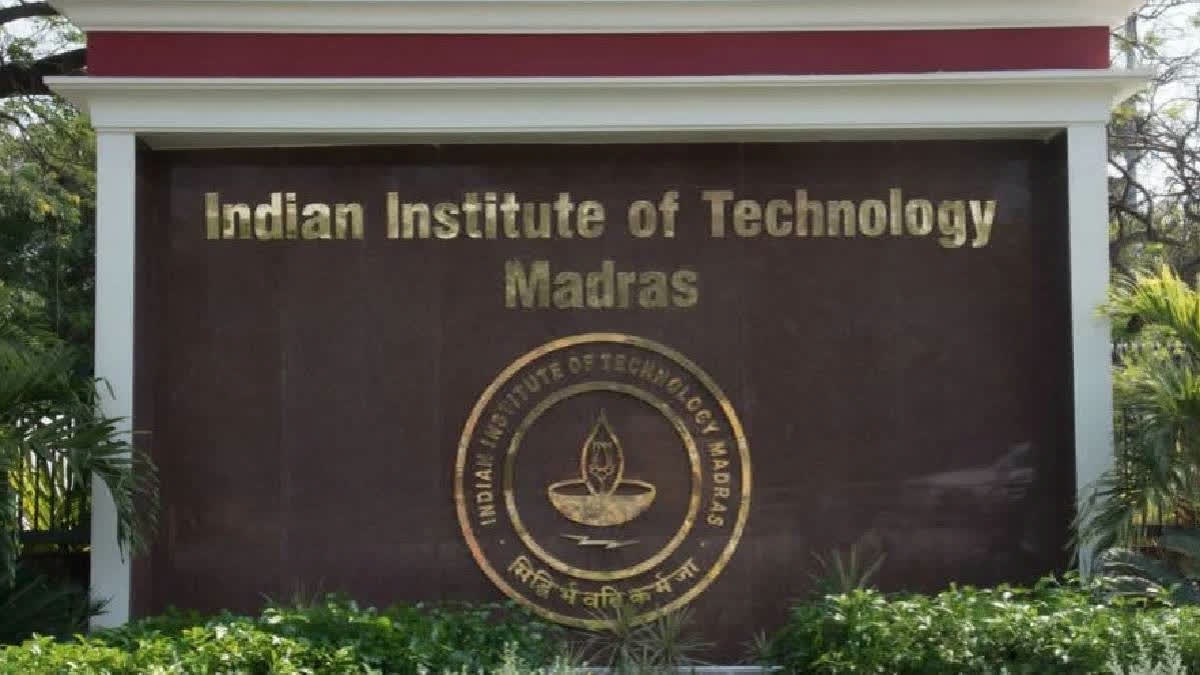Chennai: IIT Madras has launched the Bharat Cancer Genome Atlas (BCGA)—India’s first-ever cancer genome database, a major step towards advancing cancer research in the country. The initiative aims to bridge the gap in genetic studies of Indian cancer patients and improve early diagnosis and treatment strategies.
The launch comes ahead of World Cancer Day on 4th February, at a time when cancer cases in India are witnessing a worrying rise. According to a recent Indian Council of Medical Research (ICMR) report, one in nine Indians is likely to develop cancer in their lifetime, with 14,61,427 people currently diagnosed with the deadly disease. Since 2022, cancer cases in India are increasing at an alarming rate of 12.8% annually.
Despite the rise, Indian patients have remained underrepresented in global cancer genome studies, leading to inadequate genetic insights for diagnostics and drug development, reveals the ICMR report. To address the issue, IIT Madras initiated the Cancer Genome Program in 2020, focusing on mapping genetic variants in different cancers prevalent in India. Researchers, as part of the project, successfully sequenced 960 whole exomes from 480 breast cancer patient tissue samples collected from various parts of the country.
Public Database
IIT Madras in collaboration with Karkinos Healthcare, Mumbai, the Chennai Breast Clinic, and Cancer Research and Relief Trust, Chennai analysed the data and assembled the anonymised summary of genetic variants from Indian breast cancer samples and developed the BCGA database, now publicly accessible at bcga.iitm.ac.in offering valuable insights for researchers and clinicians worldwide. This assumes significance in the wake of World Cancer Day falling on Tuesday.
Prof. V. Kamakoti, Director, IIT Madras, announced the completion of the Indian breast cancer genome sequence generation and released the ‘Bharat Cancer Genome Atlas’ (BCGA) on the campus today.
Highlighting the benefits, Kamakoti said, “True to our ‘IITM for All’ commitment to society, we are releasing yet another health related data, the second this academic year, the Cancer Genome data after the Brain Data. We hope that this will provide deep insights on reasons leading to this deadly disease and help preventing the same with early interventions. The Atlas fills the gap in genomic landscape from different cancers in the country. It provides a compendium of genetic variants representing the contemporary Indian breast cancer population to classify variants involved in early diagnostics, disease progression, and treatment outcomes.”
